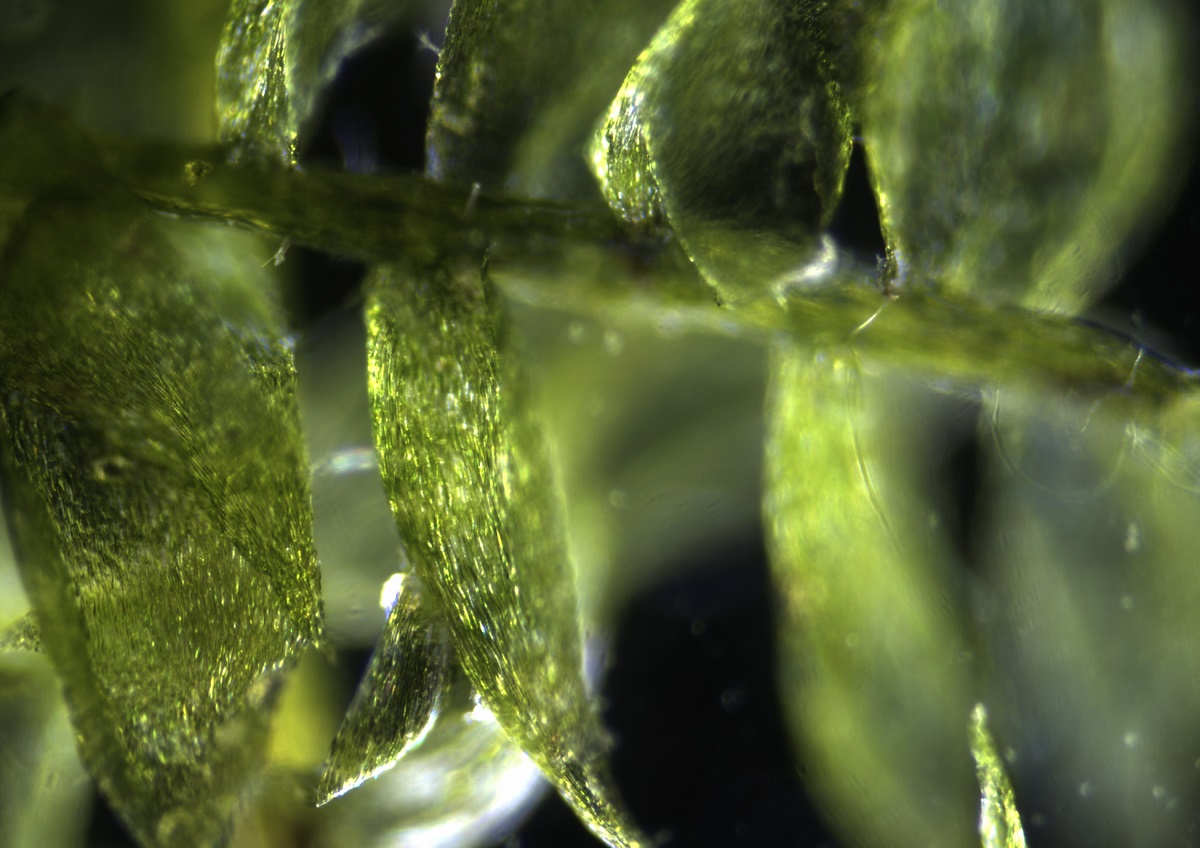
Israeli Scientists Discover Possibilities of Plant-Sustained Electricity
June 17, 2020| |
Scientists from the Tel Aviv University used microscopic algae to produce hydrogen from plants which, if further researched, may lead to using plants to produce electricity.
The team used an enzyme which they put in algae samples. They made an in vivo fusion of photosystem I (PSI) and algal hydrogenase by inserting the HydA sequence into the PSaC subunit. This created a new photosystem and was observed to produce higher rates of hydrogen. Further investigation exhibited that the photosynthetic flow showed evidence of "driving novel redox chemistries using electrons from water splitting and the photosynthetic electron transport chain." These findings support the possibility of the plants' potential to become a source of energy.
The study was published in Energy and Environmental Science.
| |
You might also like:
- Stanford Develops Copper Catalyst that Produces Ethanol from Carbon Dioxide
- Study Shows the Potential of Algae Fractionation in Lowering Greenhouse Gas Levels
- Scientists Unravel Mystery of Photosynthesis
Biotech Updates is a weekly newsletter of ISAAA, a not-for-profit organization. It is distributed for free to over 22,000 subscribers worldwide to inform them about the key developments in biosciences, especially in biotechnology. Your support will help us in our mission to feed the world with knowledge. You can help by donating as little as $10.
-
See more articles:
-
News from Around the World
- Soil Health Trailblazer is 2020 World Food Prize Laureate
- Genome Editing 101: Healthcare and Industrial Applications and Regulations
- Australian OGTR Authorizes Clinical Trial of GM Influenza Vaccine
- World Experts Release Roadmap for Next Generation Crops
-
Research Highlights
- Israeli Scientists Discover Possibilities of Plant-Sustained Electricity
- Study Reveals Transgenic Goats Can be Used to Produce Antibodies Against Cancer
- OsCpn60β1 Vital for Chloroplast Development in Rice, Study
-
Plant
- High-Efficiency Reduction of Rice Amylose Content via CRISPR-Cas9-Mediated Base Editing
- New Protocol: Genome Editing Using Rice Zygotes
-
Health
- Scientists Find Super-potent Human Antibodies from Recovered COVID-19 Patients
-
Read the latest: - Biotech Updates (February 18, 2026)
- Gene Editing Supplement (January 28, 2026)
- Gene Drive Supplement (February 22, 2023)
-
Subscribe to BU: - Share
- Tweet

